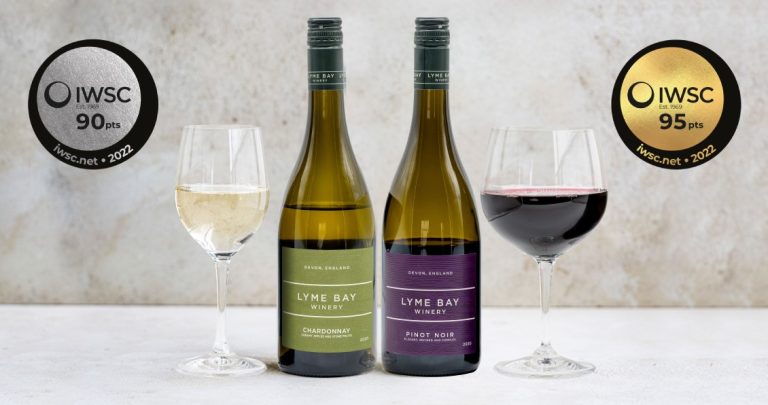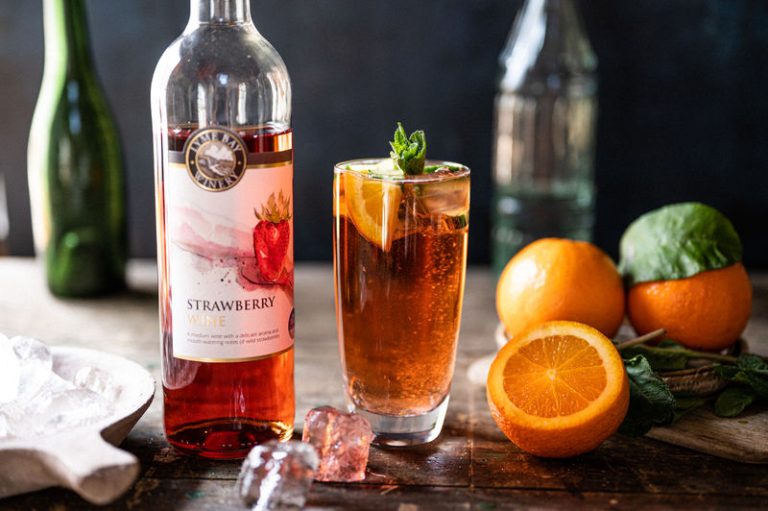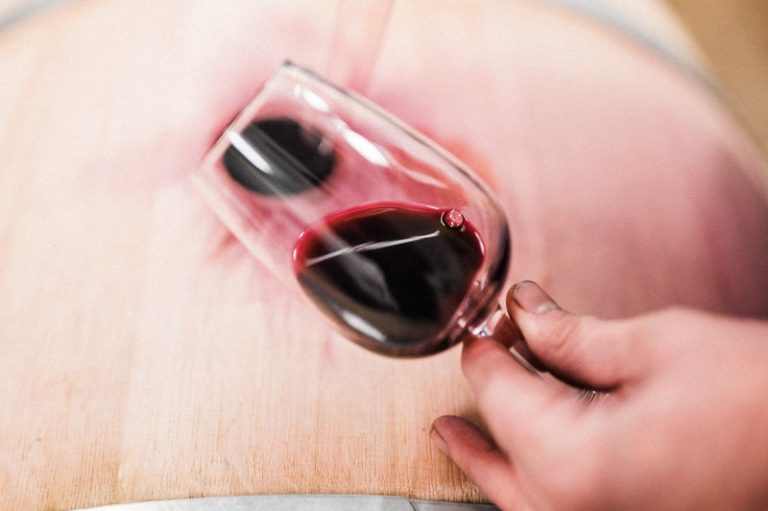It may sound a little counterintuitive to call a certain type of wine, ‘fruit wine’. All wine is made from fruit, isn’t it?
Well, yes, it is, but traditionally, ‘wine’ refers to any grape-based variety and ‘fruit wine’ encompasses everything else including floral wines such as Elderflower. The grapes used for traditional wines are not like the ones you see in your local supermarket; they are smaller and juicier with a much higher natural sugar content, and they don’t contain seeds.
The British climate has often posed challenges in the past for grape growers, but improved knowledge and better techniques have helped modern vineyards move past that hurdle. One thing our climate has always been good for is growing a wide range of fruits that can then be harvested to create wonderful fruit wines.
Fruit wine can be made from any fruit that can be juiced which means there are almost limitless possibilities. Consider how many different varieties of berries there are or even how many types of apple! All of these wonderful fruits can produce juice that can be used to create a wine or blended together to make complex, delicious fruit-filled mixes like our Summer Berry Wine! Fruit wines typically have comparable levels of alcohol to traditional wine, somewhere between 10-15%, but can come in low alcohol forms similar to cider.
Most people assume fruit wines will be sweet, and they can be, but they can also be dry, sparkling and bitter to suit every taste and offer just as much complexity as their more-traditional counterparts. The wine market is growing in diversity and fruit wine is growing in popularity. Everyone is seeking new experiences and fruit wine offers an exciting new addition, no matter the occasion.
How is Fruit Wine Made?
To make fruit wine, you first have to extract the juice from the fruit by either crushing it or stewing it. Due to the low juice yield, it takes roughly a pound of fruit for every litre of fruit wine. Once that process is complete, sugar is added to counteract the acidity and provide the perfect environment for yeast. Finally, the yeast is added to ingest the sugar and produce alcohol as a by-product.
The process of getting the alcohol content right isn’t an easy one. A special device called a hydrometer is needed to measure the gravity of the wine and control the alcohol content.
To ensure that fruit wine is balanced, other additives not required in traditional wine are needed. These can include:
– Tartaric acid
– Malic acid
– Citric acid
– Nitrogen
– Potassium
– And Phosphorous to name a few.
It is all dependent on the type of fruit and desired outcome. Winemaking is equal parts art and science!
The most popular fruit wines are strawberry, cherry, plum, apricot, raspberry, blackberry and rhubarb but there are as many available as you can imagine. If a fruit yields juice, then it can be made into a delicious fruit wine!
To get the maximum enjoyment from your next bottle, we suggest drinking it at 7-9◦C, with friends or family and within a year of purchase.
At Lyme Bay, we have developed an extensive range of Fruit, Country and Sparkling Wines each made with the utmost care and attention to provide unparalleled drinking pleasure. We source the best ingredients and constantly strive to improve the depth and enhance the taste of each delicious variety. Visit Lyme Bay Winery and explore our diverse collection. We are certain you will be delighted with the wonderfully fruity wine available!


